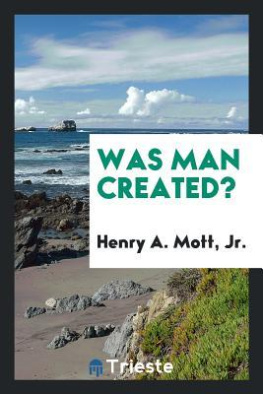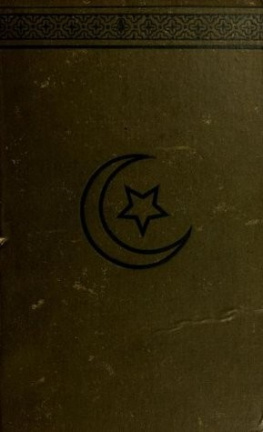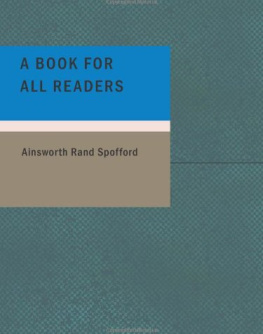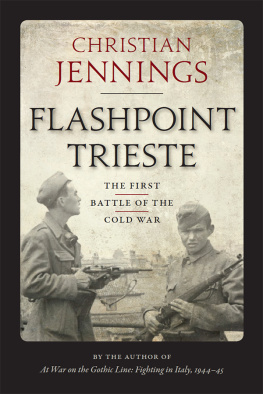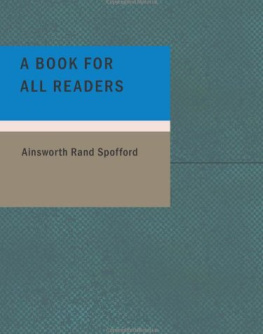RULERS OF INDIA
THE EARL OF MAYO
BY SIR WILLIAM WILSON HUNTER, K.C.S.I.: C.I.E.
M.A.: LL.D.
OXFORD
AT THE CLARENDON PRESS: 1891
Oxford
PRINTED AT THE CLARENDON PRESS
BY HORACE HART, PRINTER TO THE UNIVERSITY
CONTENTS
| CHAP. |
| INTRODUCTION |
| THE MAN |
| THE ACTUAL PROCESS OF VICEREGAL GOVERNMENT |
| LORD MAYO'S DEALINGS WITH THE FEUDATORY STATES |
| LORD MAYO'S FOREIGN POLICY |
| LORD MAYO'S FINANCIAL REFORMS |
| LORD MAYO'S MILITARY POLICY |
| LORD MAYO'S INTERNAL ADMINISTRATION |
| THE END |
NOTE
The orthography of proper names follows the system adopted by the Indian Government for the Imperial Gazetteer of India. That system, while adhering to the popular spelling of very well-known places, such as Punjab, Lucknow, &c., employs in all other cases the vowels with the following uniform sounds:
a, as in woman: , as in father: i, as in police: , as in intrigue: o, as in cold: u, as in bull: , as in sure: e, as in grey.
THE EARL OF MAYO
CHAPTER I
INTRODUCTION
The Life of Dalhousie dealt with the last accessions made to the British dominions in India under the East India Company. The present volume exhibits a memorable stage in the process by which those dominions, old and new, were welded together into the India of the Queen.
Between the two periods a time of trial had intervened. Northern India, drained of its European regiments in spite of the protests of Dalhousie, seemed during the agony of 1857 to lie at the mercy of the revolted native troops. The Mutiny left behind it many political lessons, and two historical facts. These facts were that the Sepoys in whom the East India Company gloried as its chief strength had proved its chief danger, and that the ruling princes of India, whom the Company always regarded as a main source of danger, had proved a source of strength.
I say the ruling princes of India. For besides the reigning families there were certain ex-ruling Houses who furnished leaders and rallying-names to the revolt. The Muhammadan lapsed dynasties were represented in the Mutiny by the titular majesty of the King of Delhi and his sons. The great Hindu power, the Marths, who seemed destined in the last century to build up an indigenous Indian empire out of the wreck of the Muhammadan dynasties, stood forward against us in the persons of Nn Shib the adopted son of the deposed Peshw, and his military follower Tntia Topi. The lesser ex-ruling Houses, whose states had come under the British Government on failure of direct male heirs, supplied an equally vindictive and a more heroic leader in the Rn or pensioned princess of Jhns. But the great body of the reigning Feudatories in India held aloof from the Mutiny. Many of them cast in their lot with us in our hour of direst need. The story of the loyal Punjab Chiefs who helped us to retake Delhi is known to all Englishmen. But the succour, the shelter, the aid, rendered by scores of the Native Princes throughout India, find but a passing mention in history. Of the 150 principal Feudatories and Chiefs, we can count the disloyal ones on the fingers of one hand. Local leaders, like Koer Singh the Behr landholder, were mostly bankrupt or ruined men.
One result of the Mutiny of 1857 was to profoundly modify the attitude of the British Government to the Native Princes. The East India Company had regarded them as semi-foreign allies; of whom the more powerful were to be bound tightly by treaties and overawed by subsidiary troops; while the weaker should be absorbed into the British dominions whenever a just occasion arose. This system of annexation was 'the one clear and direct course' deliberately laid down by the East India Company's Government in 1841. When the Queen assumed the direct control of India, her first act was to reverse that policy. In solemn words she assured the loyal Princes and Chiefs of her desire to maintain their rule over their own States. The Feudatories became thenceforward an integral part of the British Empire of India, with a clearly defined position, intermediate between the Sovereign and the native nobility in our own provinces.
In order to secure the perpetuation of their power and dignity in their own families, Her Majesty gave up a cherished principle of the preceding Mughal Empire; namely, that in the Feudatory States which directly owed their existence to the Imperial throne, the succession to the government of the State depended on the Emperor's pleasure. This principle which the East India Company had enforced for its own aggrandisement in the absence of natural male heirs, the Queen in 1858 deliberately renounced for ever. The right of adoption and of succession to the government of the Feudatory States of all classes, was placed on the same firm basis as the right of adoption and of inheritance to private property. The Native Chiefs became as deeply interested as the landed proprietors in our own provinces in the stability of the Queen's rule. For henceforth they held alike their governments and their estates under charters granted by the British Power.
This important change in the status of the Feudatory Princes carried with it increased responsibilities both on their part and on the part of the Suzerain. It became the duty of the Suzerain, in subjecting fifty millions of Indians to permanent feudatory rule, to secure, by a closer supervision, that such rule should prove a blessing and not a curse to the people. It became the duty of the Chiefs to co-operate more cordially with the Suzerain Power to give that good government to their subjects, which was the fundamental postulate of the new order of things. The changed status of the Feudatory Princes gradually evolved its practical incidents, not always without friction, during the ten years after India passed to the Crown. Those years were years of consolidation. To Lord Mayo, as we shall see, fell the more beneficent work of conciliation: the task of infusing into the old sense of self-interest new sentiments of loyalty, and of awakening new conceptions of solidarity between the Feudatory Chiefs and the Suzerain Power.
But Lord Mayo's work of conciliation was not confined alone to the princes, it embraced also the peoples of India. One of the most historical sections of the community, the Muhammadans, had gradually sunk into the degeneracy incident to an ex-ruling class. The educational and administrative measures of the fifteen years preceding 1869 accelerated their downward progress, and practically cut them off, throughout large parts of India, from any fair share in the public employments which were once their almost exclusive birthright. Lord Mayo had been deeply impressed both in Russia and in his native Ireland by the political dangers arising out of such an excluded class. The measures which he initiated formed an important step towards reconciling the Muhammadans to our system, and of adapting that system to their needs. For this task of conciliation, conciliation alike of the princes and peoples of India, Lord Mayo had special gifts. For, to use the words of the Earl of Derby, 'it was with him not a matter of calculation, but the result of nature.'



